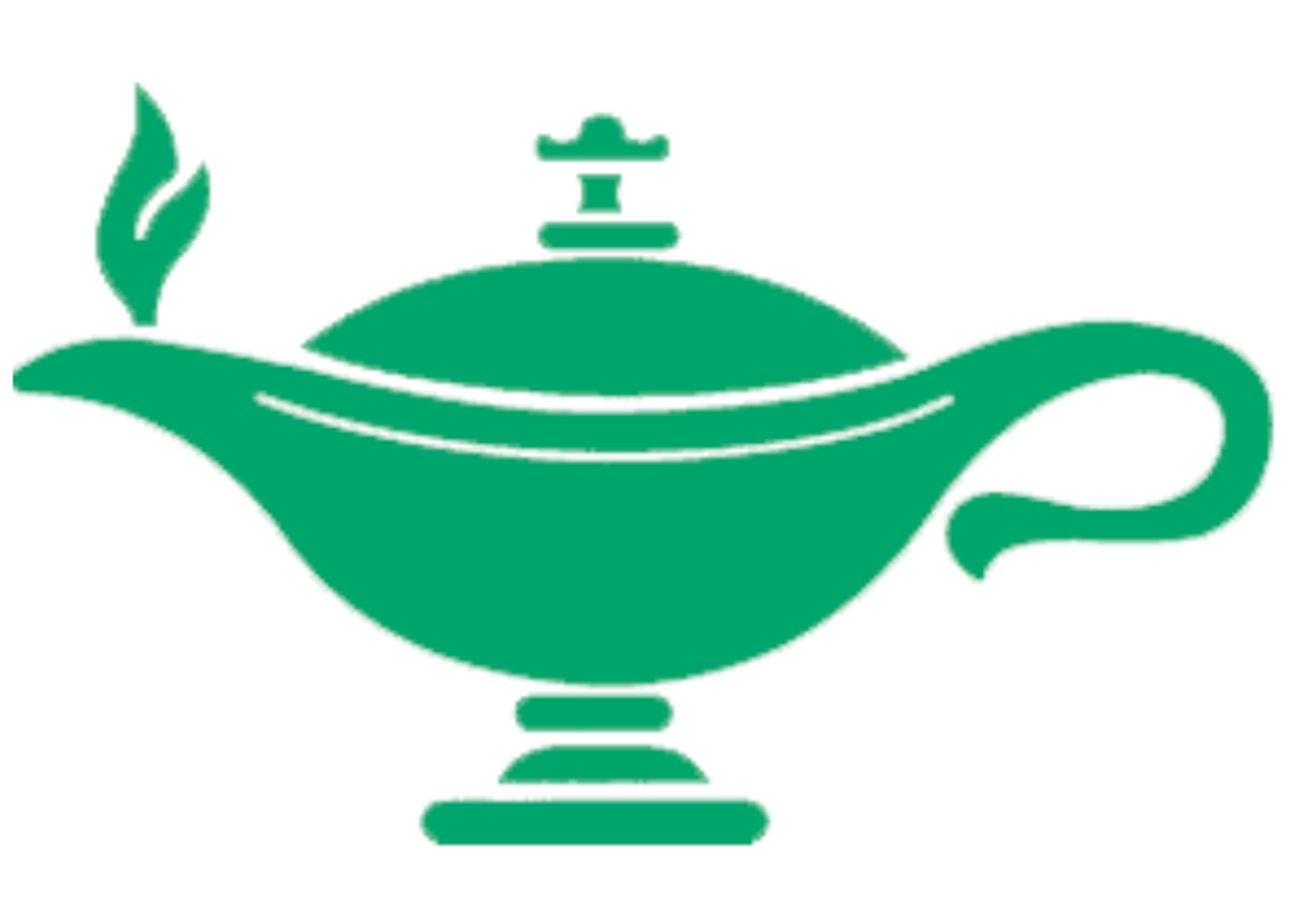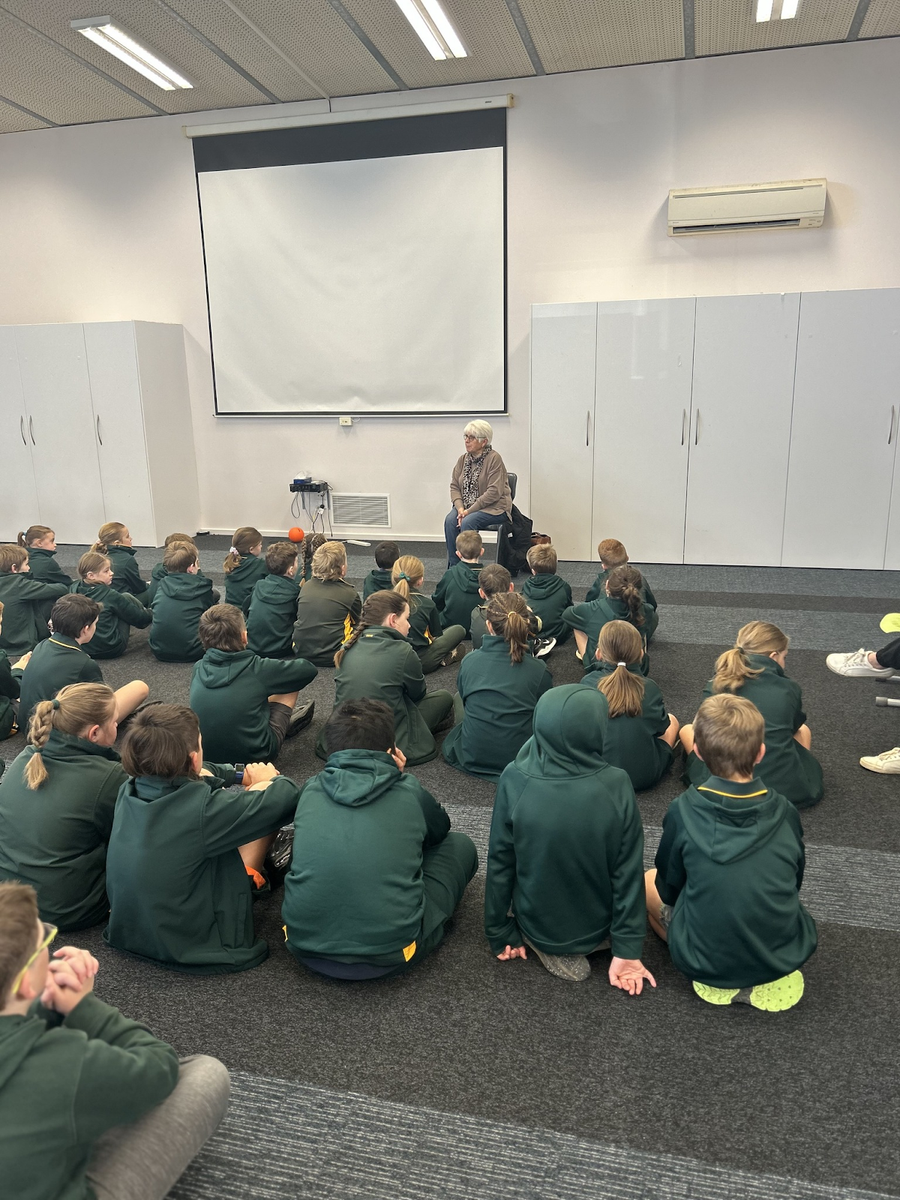Learning & Teaching
Leader: Lauren Bennett

Learning & Teaching
Leader: Lauren Bennett
What is Inquiry-Based Learning?
Inquiry-based learning is an educational approach that places an emphasis on student-driven exploration and investigation. Instead of simply receiving information, students actively participate in the learning process by asking questions, conducting research, and drawing conclusions. This approach aims to foster critical thinking skills, curiosity, and a deep understanding of the subject matter.


When we complete an Inquiry unit students follow this process:


In the classroom the students' learning follows the following stages in the inquiry cycle. They are encouraged to answer questions and share their learning from each part of the process. Here are some of the questions posed in each stage of the inquiry cycle:
Tuning in:
Finding out:
Sorting out:
Going further:
Making conclusions:
Taking action:
What is our Inquiry Focus in Term 2?
This term our whole-school inquiry topic is ‘History’. Our focus question throughout all grades is:
“How has the past shaped the present?’
We have begun our Inquiry Tuning in for Term 3:
In Week 1, the students across the whole school participated in their history tuning in for the term when they had visits from guest speakers and an excursion to see the Tongala street art.
To spark our learning we had 2 amazing guest speakers visit our school yesterday:
1. Helen Heard- a previous student of St Pat’s who spoke to the students about the history of the school.
2. Bev Williams- from Tongala History Group who spoke about the history of Tongala.
The students and staff thoroughly enjoyed listening to the guest speakers and they all felt like they learnt something new.
To tune in further to our new Inquiry topic: History, the students met Murray Ross at the Town Square and were taken on a guided tour of the art murals around the town. They unpacked both the history of the artwork and of the town of Tongala.






Asking your child about their learning at school is a great way to show interest in their education and to support their academic growth. By asking about what they are learning and getting them to share it allows for their knowledge to strengthen. If you are looking for some questions to speak to your child about to talk more about school try a couple of these at the dinner table:


We’re back into the swing of school life for Semester 2 and here are some timely reminders moving into Term 3.
Classroom teachers will be sitting outside on Tuesday and Thursday mornings between 8:30 and 9:00am. This will give every student at our school the opportunity to read twice a week in the mornings at school with an adult. All classroom teachers will be outside ready to go to mark off reader diaries and we encourage any parents that would like to get involved to pop in at this time and listen to any of our awesome children read!
While it's super exciting that morning reading is back we still need to ensure we are encouraging students to complete their nightly reading at home. To see the benefits of nightly reading at home please see visual below:


It’s important that when you complete nightly reading with your children that you fill out their reader diaries. Not only is this a great way to help get your child a reading certificate at our whole-school assemblies but it’s also an excellent opportunity for the classroom teacher to identify if they’re practicing reading at home or just at school. Listening to your child read at home is such a great opportunity to be involved in their learning. When listening to your child read it’s important to:
Our reading diaries look a little different and are different in the junior and senior ends of the school. To learn or refresh your memory on how to fill out your reader diary please see visual below:


Filling out the F-2 reading diary:


Filling out the 3-6 reading diary:


Every second week the classroom teachers will collect all reader diaries and count how many nights each student has read to see whether they will be rewarded a reading certificate at assembly. Students will receive a reading certificate when they have read 25, 50, 75, 100, 150 and 200 nights!
It’s important for students to bring their green reader bag to school every day as they will partake in reading throughout the classroom, change their books, get their reading nights counted, and put important notes/correspondence that needs to go home in it.
When we create a love of reading, there are positive effects on all children’s cognitive, emotional, and social development. It lays the foundation for a lifetime of learning, curiosity, and personal growth! Thanks for helping our school and our students to be the best readers they can be.